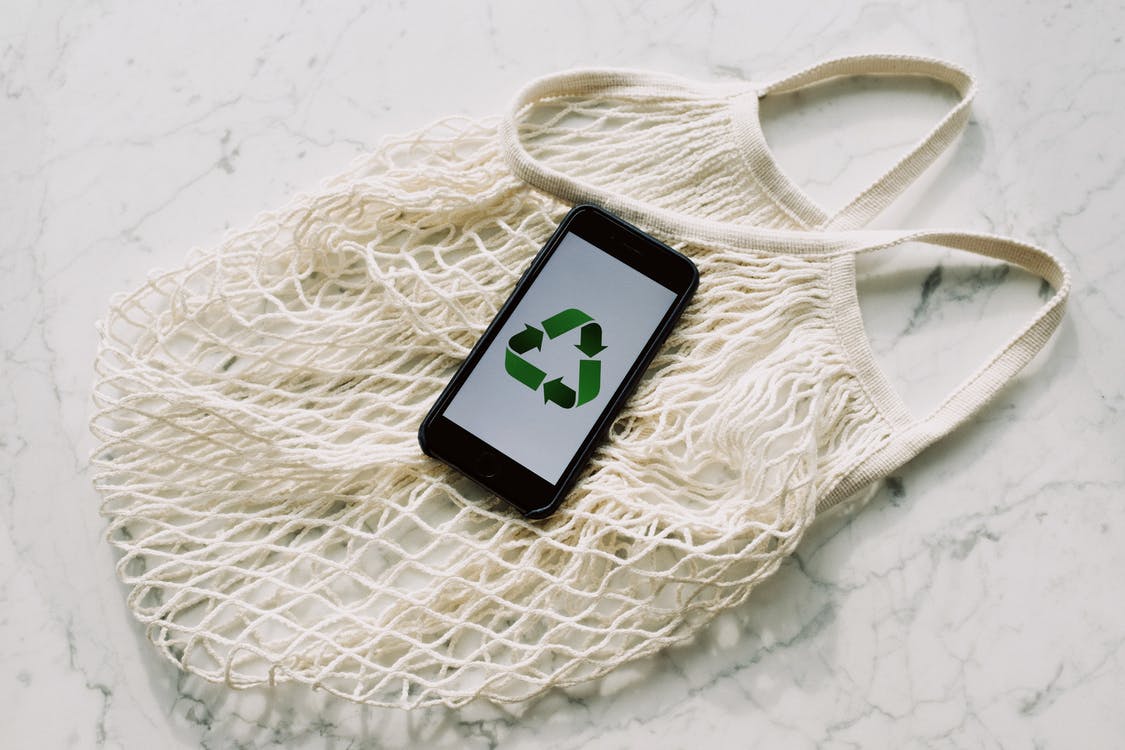The recent years have been eye-opening as the devastating effects from climate change have become clearer than ever before. This is why many people have started to take small steps towards living more sustainably. Southern Cross University surveyed 913 individuals from America and Australia and found that 83.4% of them have started to recycle, 57.5% use reusable shopping bags, and 45.2% avoid single-use plastics. By doing small changes, these people have started living a greener lifestyle to lessen their impact on the planet. Here are some tips on living as an eco-friendly family so that you can ensure that the world will remain safe for future generations.
Reduce, Reuse, Recycle
This phrase may be common but it still holds true. The best way to reduce waste and negative effects on the environment is by being a mindful consumer. When there is less market demand for certain items, the number of supplies would follow behind, which in turn would produce less damage through manufacturing. But for your other household needs, you may not have much of a choice. So you can either recycle through facilities that collect things like bottles, paper, wood, metal, and textile, or you can switch to reusable items.
To illustrate how much impact one family can have on the environment, take the example of families who use disposable diapers. During their first year of life, the average newborn uses about 2500 diapers. Multiply that with billions of families around the globe and you can see how it would create gigantic landfills, pollute our air and possibly seas. And that is happening every single year, which all really adds up. Switching to reusable cloth diapers really helps reduce the damage on our environment, the toxic effects on our health, as well as the amount of money you spend in the long-term. Don’t forget the fact that switching to reusable items such as cloth diapers can help save trees and other resources from which materials are gathered to produce non-reusable items.
Be Mindful About Daily Household Habits
Some small habits to teach kids and other members of the family include shutting off the water when not in use, as well as remembering to turn off lights and appliances before leaving a room. Installing water-saving showers, motion sensor lights, and other appliances with a timer feature to save energy will help make this even more effortless for those people who might be more forgetful or stubborn. Layering up clothes is another way to save energy from your heating systems. Renovating to create larger windows will allow more natural light inside the house as well as save you more money in the long run.
Another good way to optimize the eco-friendly habits of your family is by using a carbon footprint calculator. This will give you specific insights into how you can reduce your family’s carbon footprint based on the daily habits and information that you’ve inputted. That way, you will see which small actions you can take that will have the biggest impact in reducing your overall carbon footprint.
Understand Your Family’s Ecological Impact
One way of helping your family to gain perspective and see the importance and impact of their daily actions is by spending time in nature. Not only does it improve your family’s bonds and mental health, it also allows children to have a more personal connection with nature, which can more strongly drive their behaviors in the long-term. As an example, those who love spending time in nature tend to make more eco-friendly choices, such as riding their bikes or growing their own garden.
Making eco-friendly choices doesn’t have to be overwhelming or require a big lifestyle change. When every person in a household contributes, and when this is added up with all participating families, you can collectively make a more profound impact for the environment. You and your family can simply start by making small adjustments.



